Students react to reinstated residency requirement
Cabra Hall stands on Loyola’s Broadway Campus. The residency requirement that requires first and second year students to live on campus has been reinstated for next school year. Photo credit: Shadera Moore
March 7, 2021
As students plan for their next year at Loyola, first year students are having to adjust their housing plans after Loyola announced all underclassmen are required to live on campus next fall.
The residency requirement, which previously mandated that all first and second year students live on campus, was suspended for the 2020-2021 academic year, allowing freshman and sophomore students to live in off campus housing. The decision was made to allow students to make their own housing decisions during the ongoing pandemic but it won’t be reinstated for the 2021-2022 school year.
Many students said they are frustrated with the decision and feel like it’s an additional financial burden during the pandemic.
Ann Pham, literature freshman and Buddig Hall resident, is frustrated and confused by the decision. Pham said that staying in the dorms is difficult for her.
“To pay thousands of dollars to be cooped up in a room, on top of tuition, when I can just stay at home really doesn’t make any sense to me,” Pham said.
Chris Rice, associate director of operations, said with a decrease in COVID cases, implementation of vaccines and adjustments to university COVID-19 policies, residential life determined that underclassmen will again be required to live on campus after waiving the requirement last year amid the beginning of the pandemic.
Violet Johnson, music industry freshman, disagreed with the decision. She feels the health risks and expenses of living on campus are overwhelming.
“Many of the freshmen this year have had fluctuating financial situations in the pandemic, so forcing them to pay for on campus housing seems inappropriate,” Johnson said.
According to Johnson, many of the residents this semester have not been COVID safe, which she believes is creating a dangerous environment around staying on campus.
Pham finds the financial stress of on campus living while studying mostly online is demoralizing.
“I feel that living on campus during this time is a complete waste when I can stay at home, ease my mom’s working shifts, save money, and even lessen the risks of getting COVID,” Pham said.
Roux Fernandez Melguizo, international history freshman, said that the residency requirement doesn’t consider students’ individual circumstances.
“I just feel like there are so many different factors,” Melguizo said. “Students could be immunocompromised or have mental health concerns and they’ll have to jump through hoops to have their needs accommodated.”
Even with the changes in policy, Rice said he wants to remind students that they can still submit a 2021-2022 housing exemption application and there are accommodations made for medical conditions as well.
If there are extenuating circumstances for the exemption, students need to submit the exemption under the “Other” option on the forms, and a committee will review their request. If there is a medical reason for an exemption, the student must go through the Office of Accessible Education and receive a medical accommodation.
Despite concerns about COVID safety of the residence halls, Rice said Public Health and other offices will review social distancing guidelines and announce more information at the appropriate time.


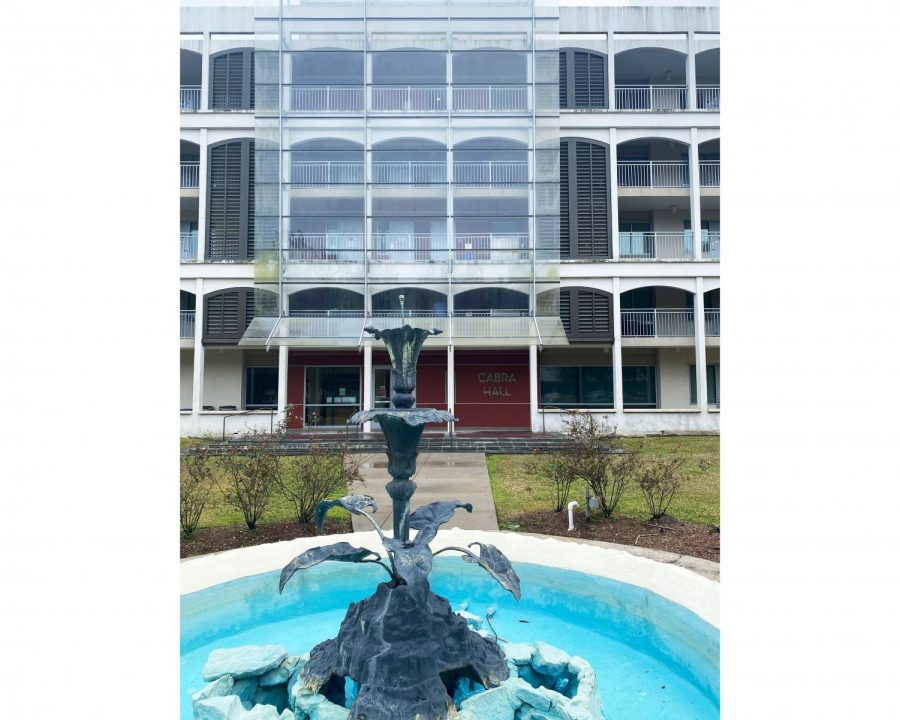







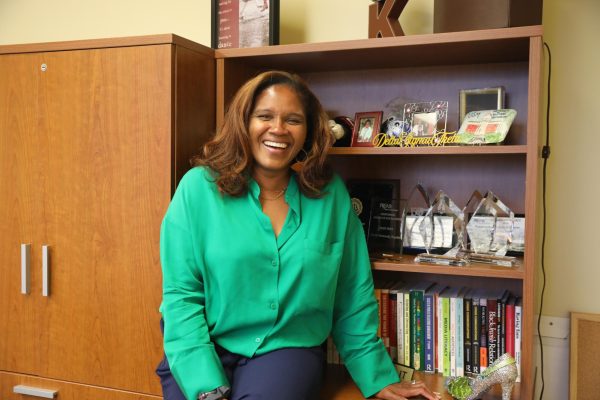
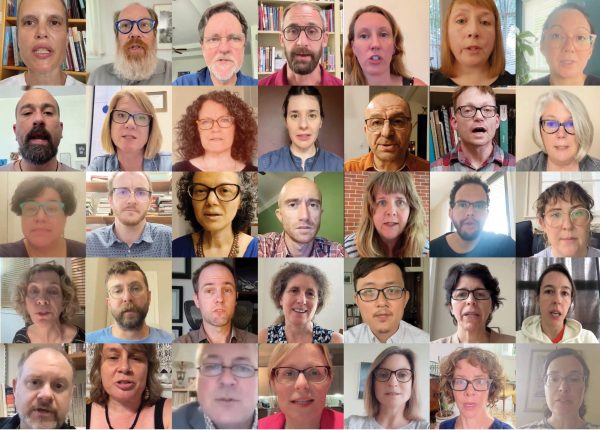
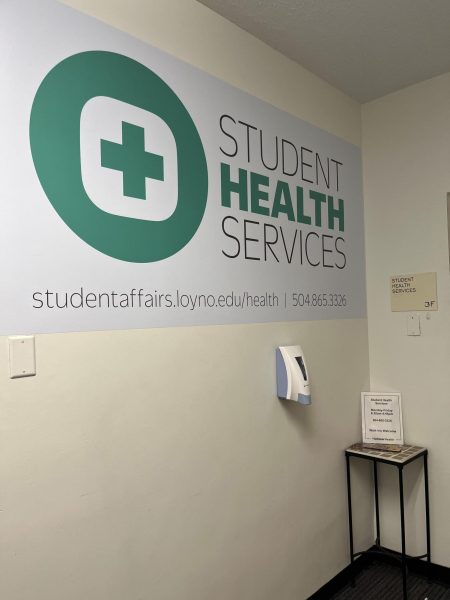
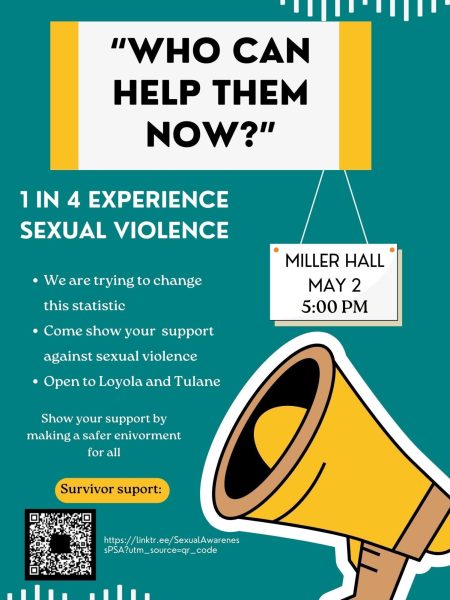
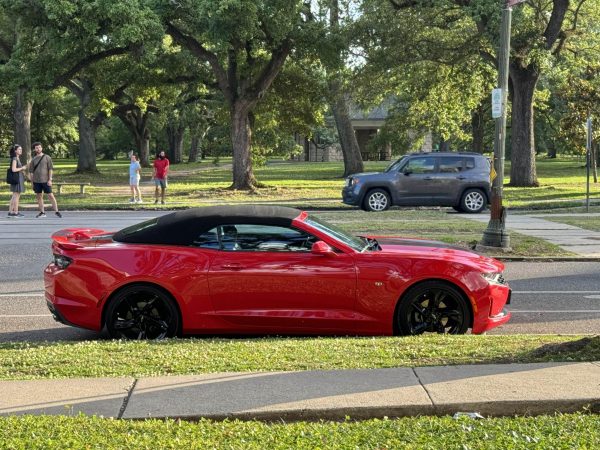
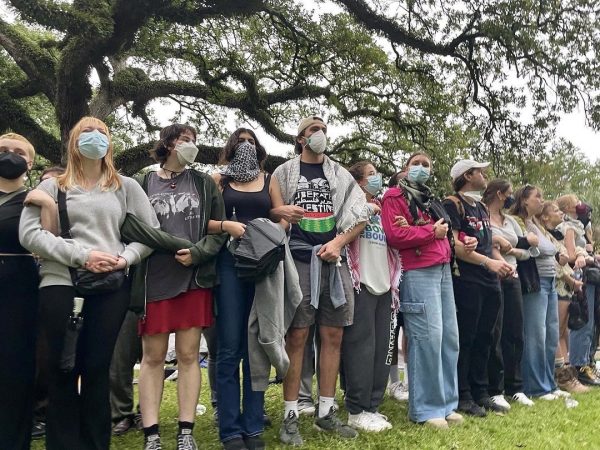

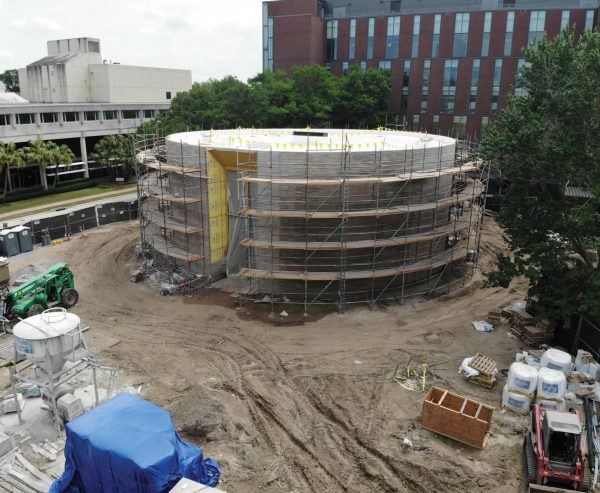
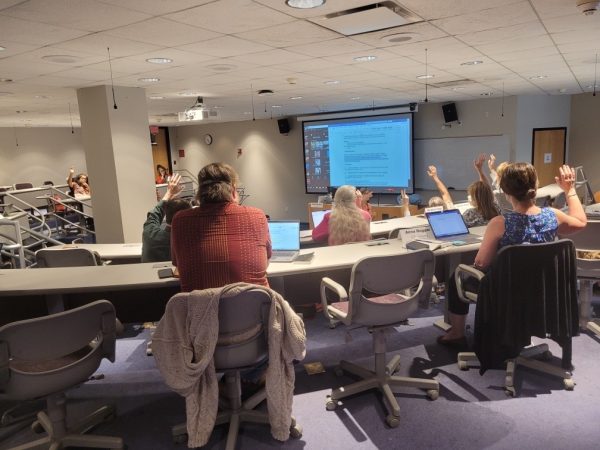
Julie • Mar 16, 2021 at 10:50 am
Ann Pham states that she can live at home. If you live in the New Orleans area you aren’t required to live on campus. What does she mean?